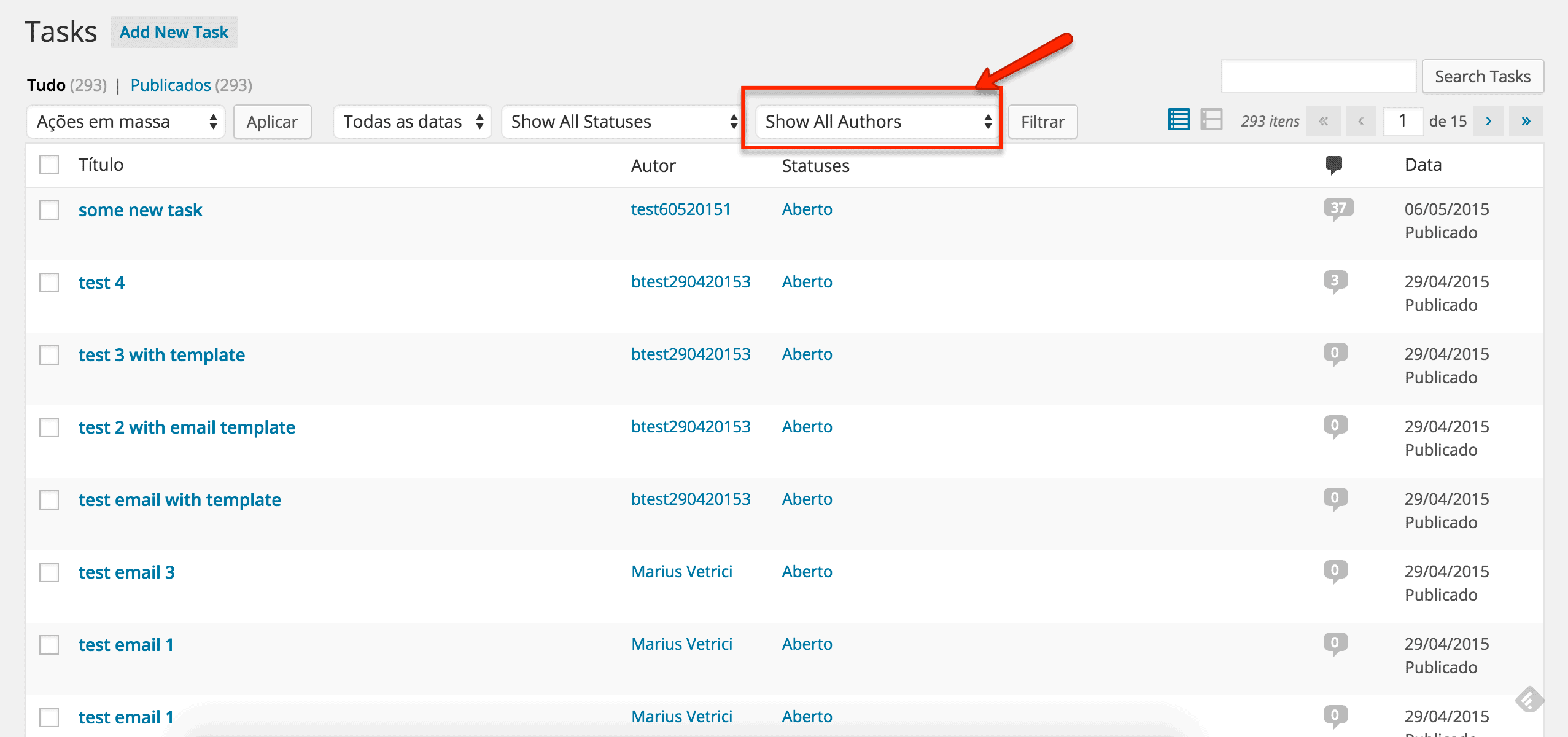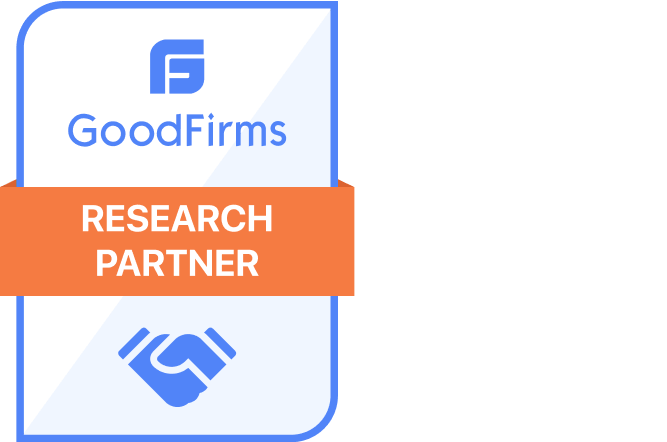If you’ve ever wondered how different systems exchange data behind the scenes — like your website automatically sending orders to a shipping service — you’re already thinking about getting your API integration solution built. However, for many business owners or non-technical teams, APIs can feel overwhelming.
This article breaks down what an API is in simple terms, how APIs work across systems, and what to consider when getting your API integration solution built. In addition, we explore the power of custom plugins in managing and scaling integrations — particularly for platforms like WordPress, WooCommerce, Bubble, and HubSpot — and explain why WPRiders is the mission-critical partner businesses trust for integration work that just works.

What is an API?
API stands for Application Programming Interface. At its core, an API lets two pieces of software talk to each other. Think of it like a digital waiter: it takes your request to a system, retrieves the data or action you asked for, and delivers it back.
Real-world examples of APIs:
- An e-commerce site sends customer and order data to a shipping provider.
- A CRM like HubSpot receives lead data from a contact form on your WordPress site.
- A Bubble app fetches inventory details from a remote database.
All of this works through API integration — the automated exchange of data between systems.
Why Getting API Integration Built Correctly Matters
Poorly executed API integrations cause serious problems. For instance, miscommunication between platforms often leads to missed customer notifications, broken inventory syncing, and billing errors. On the other hand, a well-built API integration automates workflows, reduces human error, and allows different platforms to operate as one cohesive system.
Benefits of building the right API integration solution:
- Ensures secure and reliable authentication
- Handles errors with resilience
- Scales efficiently as your business grows
- Stays compatible as APIs evolve

The Role of Custom Plugins in API Integrations
Custom plugins simplify API integrations. Teams using WordPress, WooCommerce, HubSpot, or Bubble can rely on a plugin to manage complex tasks through a user-friendly interface. This approach reduces the need for ongoing developer involvement.
Benefits of plugin-based API integrations:
- Provide simplified interfaces for non-technical users
- Centralize configuration and maintenance
- Support caching, throttling, and error handling
- Enable easier deployment and version control
Moreover, some businesses turn their custom plugins into products, offering them in the WordPress Plugin Repository, Bubble Marketplace, or as private add-ons for clients.
Examples of API Integration via Plugins
- In WordPress and WooCommerce: Custom plugins sync product inventory, connect payment gateways, and handle CRM integrations.
- In Bubble: The API Connector enables users to visually connect to RESTful APIs and reuse them throughout the app.
- In HubSpot: Plugins automate data sharing with marketing, e-commerce, and customer service tools.
In all these cases, plugins keep data flowing smoothly, eliminate manual tasks, and strengthen operational stability.
WPRiders’ Approach to Mission-Critical API Integrations
At WPRiders, we build robust, secure, and scalable API integrations. We begin with a deep discovery phase to understand your business objectives and technical environment. Then, we design solutions that integrate seamlessly and support future growth.
Our approach to getting your API integration solution built goes beyond technical execution — we align with your business strategy to ensure your integrations drive results. Whether you’re launching a new platform or connecting existing systems, our team delivers long-term performance.
Our process includes:
- Developing custom plugins that bridge WordPress and WooCommerce with external tools. This ensures your API integration solution rests on solid ground.
- Managing edge cases through advanced error handling and fallback systems
- Designing versioned, backward-compatible APIs
- Writing clean, well-documented code that simplifies maintenance and scaling

Why Businesses Choose WPRiders
Our clients rely on us because we do more than write code. We combine business insight with technical expertise to deliver integration solutions that create a meaningful impact. As a result, companies trust WPRiders for mission-critical integrations because we:
- Define clear timelines and expectations
- Maintain ongoing, transparent communication
- Apply best practices across every phase of development
Furthermore, our team becomes part of yours. We solve complex challenges using reliable, scalable technology. When you need your API integration solution built without compromise, we deliver a product that performs reliably now and into the future.
Conclusion: Getting Your API Integration Built for the Future
API integrations drive modern digital operations. When you implement them properly, they automate key processes, reduce risk, and improve the customer experience. With the right strategy and team, your integration can do more than just function — it can unlock growth.
Whether you want to connect internal systems, create a product-ready plugin, or unify your platforms, WPRiders will help. From planning through deployment, we ensure your API integration solution is built for reliability, flexibility, and long-term success.
Let’s talk about how to get your API integration solution built the right way.
At WPRiders, we know your website isn’t just a project—it’s part of your business engine ⚙️. That’s why we offer more than just code. From thoughtful WordPress custom development to dependable monthly WordPress maintenance, and even enterprise WordPress support for complex needs, we’re here to support what matters most. Whether you’re planning a new build with custom WordPress website development 🛠️, looking for a reliable WordPress consultant 🧠, need and Elementor developer, require enterprise-level WordPress solutions, or need ongoing support through our WordPress development service, we’d love to explore how we can work together.
If that sounds like what you need, 👉 Schedule a Free Discovery Call and let’s talk about your next move. We’re always up for a good conversation.









